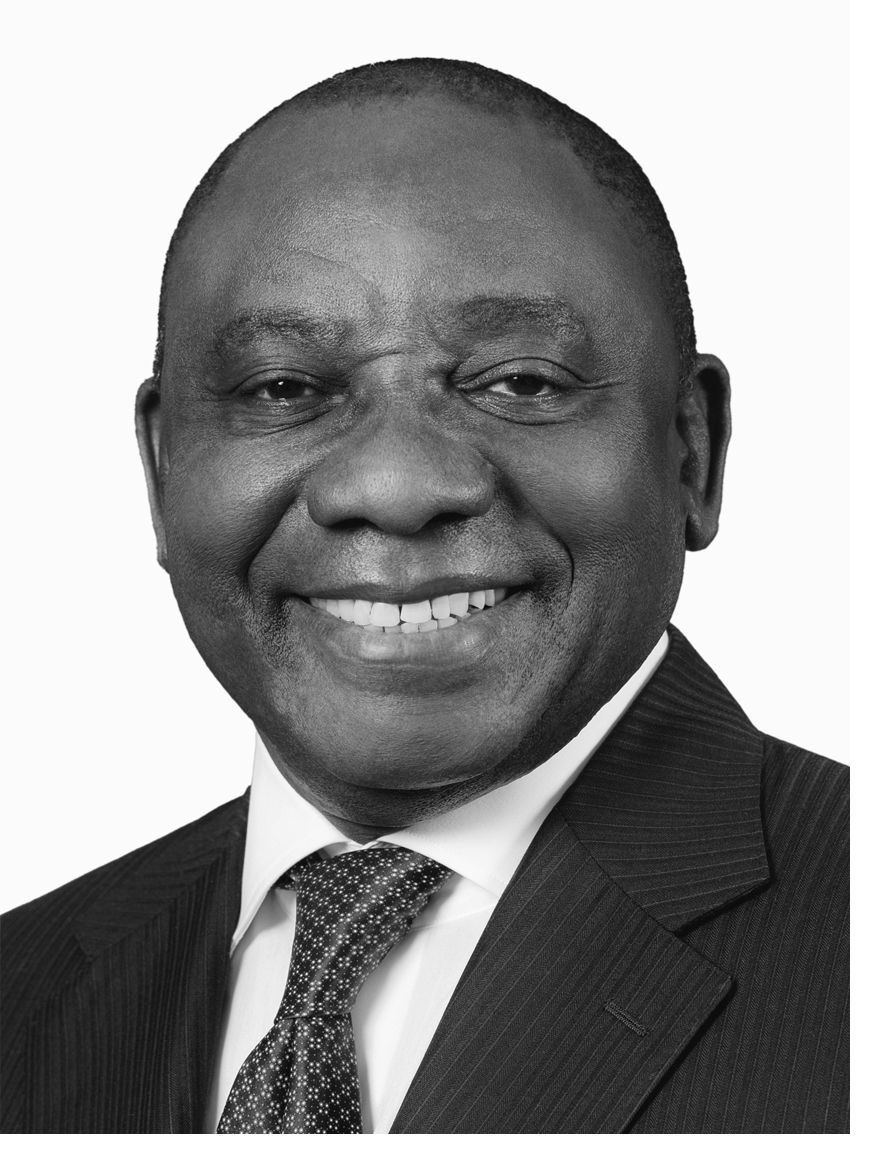Opening Remarks by President Cyril Ramaphosa at BRICS Leaders' Summit, Buenos Aires, Argentina

Your Excellency President Temer,
Your Excellency President Putin,
Your Excellency Prime Minister Modi,
Your Excellency President Xi,
Distinguished Guests,
Ladies and Gentlemen,
It is my honour to once again have the opportunity to meet with you on the margins of the 2018 G20 Leaders’ Summit to coordinate our common positions in the international arena and to build further on the discussions that we had during the 10th BRICS Summit in Johannesburg in July.
The Johannesburg Declaration that we adopted in July is a culmination of the more than ten years of successful BRICS cooperation.
Importantly, this cooperation has steadily become more practically oriented.
Through various mechanisms, working groups and constructive dialogue, we are pooling our resources and capabilities towards developing and implementing practical solutions to many contemporary challenges.
One of these challenges is in the area of peace and security.
We should, as a collective, be at the forefront of solution-seeking interventions and move towards more pro-active approaches to maintaining peace and security.
In this regard, more needs to be done to address the conflicts that persist in the Middle East and Africa, and the resulting humanitarian crises, abuses of human rights and social and economic disruption.
As we have consistently reiterated, multilateral efforts should be supported as the primary approach to deal with terrorism and conflict.
The United Nations should be the primary forum for such interventions.
On the African Continent we have seen the positive effects of cooperation between the UN and regional organisations such as the African Union.
In view of the ongoing challenges in Syria, Yemen, Palestine, the Democratic Republic of Congo, Libya, South Sudan and the Central Africa Republic, we should continue to support cooperation between the UN, the AU and others.
In the economic sphere, as we note that unilateral tendencies seem to be gaining traction, we should uphold the principles of multilateralism.
The increasingly inward-looking and bilaterally-oriented approach to trade agreements is of concern.
Coupled with the evident rise of trade protectionism, these factors are directly undermining the multilateral trading system as agreed in Marrakesh in 1994 and again in Doha in 2001.
The current challenges in global trade necessitate that we use all available policy tools, in accordance with our commitments in the multilateral trading system, to achieve the goal of sustainable, balanced and inclusive growth.
We must hold steadfast to the objective of creating a world that is conducive for sustainable development and shared prosperity, not only for our own nations, but also for the broader community of emerging markets and developing countries.
While our meeting takes place in an environment of uncertainty and growing unilateralism and protectionism, this Forum has demonstrated its capacity to make our voices heard in the international arena.
We must continue to leverage our position on the global stage as a means to continuously reaffirm our commitment to multilateralism and to a fair and just rules-based, transparent and inclusive multilateral trading system.
We reaffirm our commitment to financial cooperation and to furthering the prospect of financial integration, which will help address the development needs of BRICS countries and other emerging markets.
As we approach the G20 Leaders’ Summit, South Africa stands ready to work closely with its G20 partners to ensure the implementation of G20 commitments, particularly with regards to the development aspirations of Africa and least developed countries.
Like the majority of G20 members, South Africa seeks language in the G20 Leaders’ Communique that reflects a strong commitment to the Paris Climate Change Agreement and a sense of urgency for its implementation, especially around financial commitments, technology transfer and means of implementation support.
Global trade is at the core of the G20’s mandate and we expect the G20 to show leadership in light of current global trade tensions.
South Africa stands ready to work together with BRICS to ensure a trade outcome that shows a strong G20 commitment to a multilateral trading system, with the World Trade Organisation as the premier body in international trade.
South Africa seeks BRICS’ support for the implementation of previous commitments of the G20 to support industrialisation in Africa and least developed countries as agreed in 2016 at the Hangzhou Summit.
We seek support for the G20 Partnership with Africa, the Compact with Africa and previous commitments on support for the implementation of the 2030 Agenda for Sustainable Development in Africa, among others.
South Africa seeks BRICS’ support for the G20’s continued prioritisation of efforts to address illicit financial flows as a developmental issue for Africa.
To this end, the G20 Hangzhou Summit in China in 2016 agreed that there should be continuous work on addressing cross-border financial flows derived from illicit activities, which hampers the mobilisation of domestic resources for development.
South Africa will continue to support further G20 consideration of the report by the World Customs Organisation on this matter and a reflection of this important issue in the Leaders’ Communique.
The G20 needs to discuss growing levels of inequality within and among countries, and the widening developmental divide between the global North and South.
South Africa looks forward to working with other BRICS countries to ensure the G20 demonstrates leadership in preventing a global economic crisis.
There is therefore a need for the G20 member countries to play a role in unlocking resources needed for inclusive growth and sustainable development for all countries and peoples.
There is much that the BRICS forum – with its shared outlook and a decade of effective cooperation – can do to advance this agenda and encourage all G20 countries to play a positive and meaningful role in building a better, safer and more inclusive world.
I thank you.




